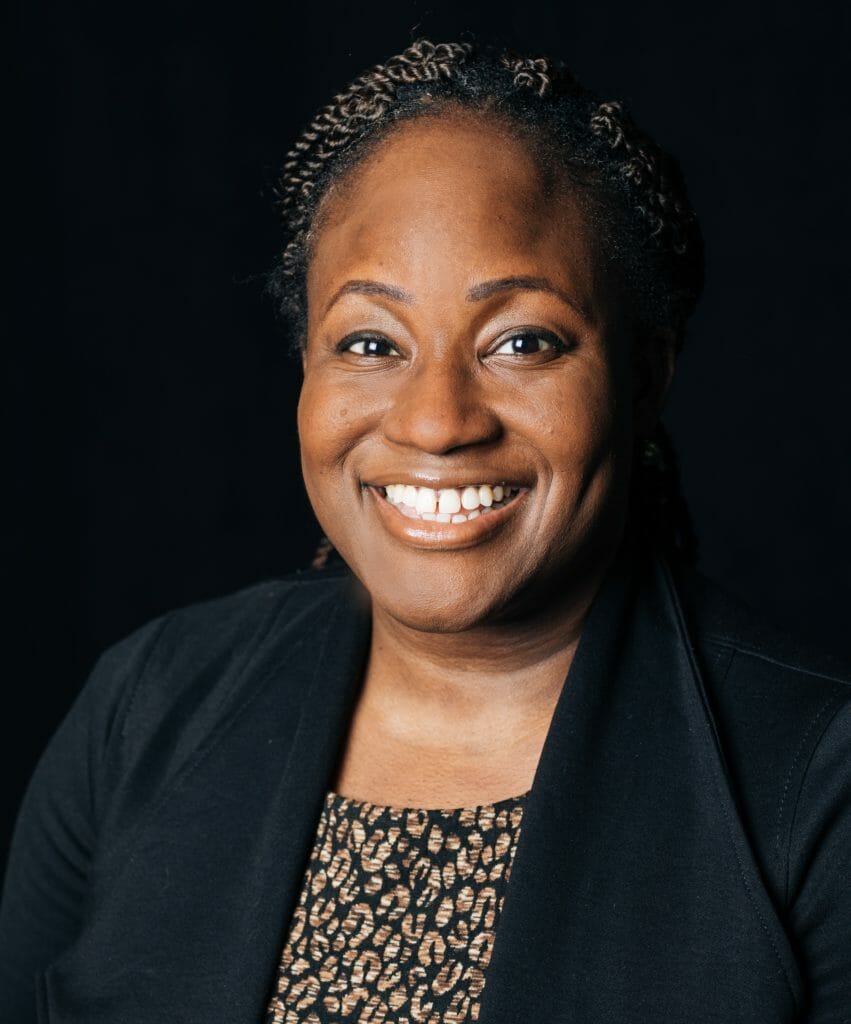
At 1,200 square miles, Rhode Island is the nation’s smallest state. You can literally drive from one end of the Ocean State to the other in an hour in either direction. This geographic curiosity — which allows for easy passage to other states — has become a staffing hurdle for home care providers.
How so? In Rhode Island, home care workers are certified nursing assistants (CNAs) who must complete 130 hours of training for certification. In neighboring Massachusetts, home care workers are home health aides who must complete only 60 hours of training for certification.
Nicholas Oliver, executive director of the Rhode Island Partnership for Home Care, blames the differing requirements in part for the caregiver crisis in his state that has left at least 600 people a day on waiting lists for care.

“With all of these barriers into our workforce and the ability to gain entry into this field in neighboring states that are so easy to drive to, why would you stay in Rhode Island as a CNA?” Oliver asked McKnight’s Home Care Daily Pulse. “That is a challenge that we face daily.”
A bigger issue
Rhode Island reflects a growing problem in the home care industry. Uneven training, combined with different certifications among states and even municipalities, is making it difficult to recruit and retain workers, according to experts.
“If we are imagining that home care and home health can advance and provide needs of healthcare, we have to find ways of removing some of those frictions,” CareAcademy Founder and CEO Helen Adeosun told McKnight’s Home Care Daily Pulse.
CareAcademy provides online training for 2,000 home care providers across the U.S. and Canada, so Adeosun is well-versed in the different training requirements from state to state. Her firm helps small mom-and-pop agencies and multistate firms comply with the patchwork of regulations.
Adeosun believes as more care moves into the home, training requirements for home care workers could increase. In fact, she’s already seeing that happen in states, such as Illinois, which now mandates training for Alzheimer’s disease and dementia.

“Typically what we see is as people are encountering a service or provision they want some level of oversight into the industry, so I think more stringent regulations and compliance are on the way,” Adeosun said.
Consistency counts
More training for home care workers might not necessarily be a bad thing as long as it is consistent across the U.S. Nonprofit PHI National, which promotes quality direct care jobs, is calling for an overhaul and standardization of home care training nationwide. Among its recommendations is a national standard for direct care competencies and updated curricula that would reflect the full set of skills needed to work in home care today.
Having uniform federal standards for home care could elevate the role of the home care worker in the care continuum and help attract more people to the industry, according to Kezia Scales, PhD, vice president of research and evaluation for PHI National.
“It’s moving toward an understanding of what this job, occupation and profession is all about,” Scales told McKnight’s Home Care Daily Pulse. “That is a consistent understanding across the country, instead of a piecemeal understanding with so many different job titles and so many different expectations.”
Some industry groups partly agree. The National Association for Home Care and Hospice is calling on Congress to establish minimum federal standards for personal care services in Medicaid reform efforts. NAHC and the Home Care Association of America also want standards for quality of care and competencies, education and supervision of caregivers.
Back in Rhode Island, Oliver isn’t waiting for Congress to level the regulatory playing field among states. Earlier this year, his association supported legislation that was introduced in both the Rhode Island General Assembly and Senate matching the state’s training requirements for home care workers with those in Massachusetts. Although the bills have not advanced in either house, Oliver is hopeful they will.
“If we are all collaborating together and saying the same thing, this proposal would at least improve home care locally and alleviate the workforce barrier,” he said.
Editor’s note: In terms of labor problems, there has never been a time like today. In this ongoing series, McKnight’s Home Care will explore the various facets of the workforce shortage, how home care is responding to it and the innovation that is propelling the field forward with new and sometimes unconventional solutions. Read a new installment each month until the end of the year.



